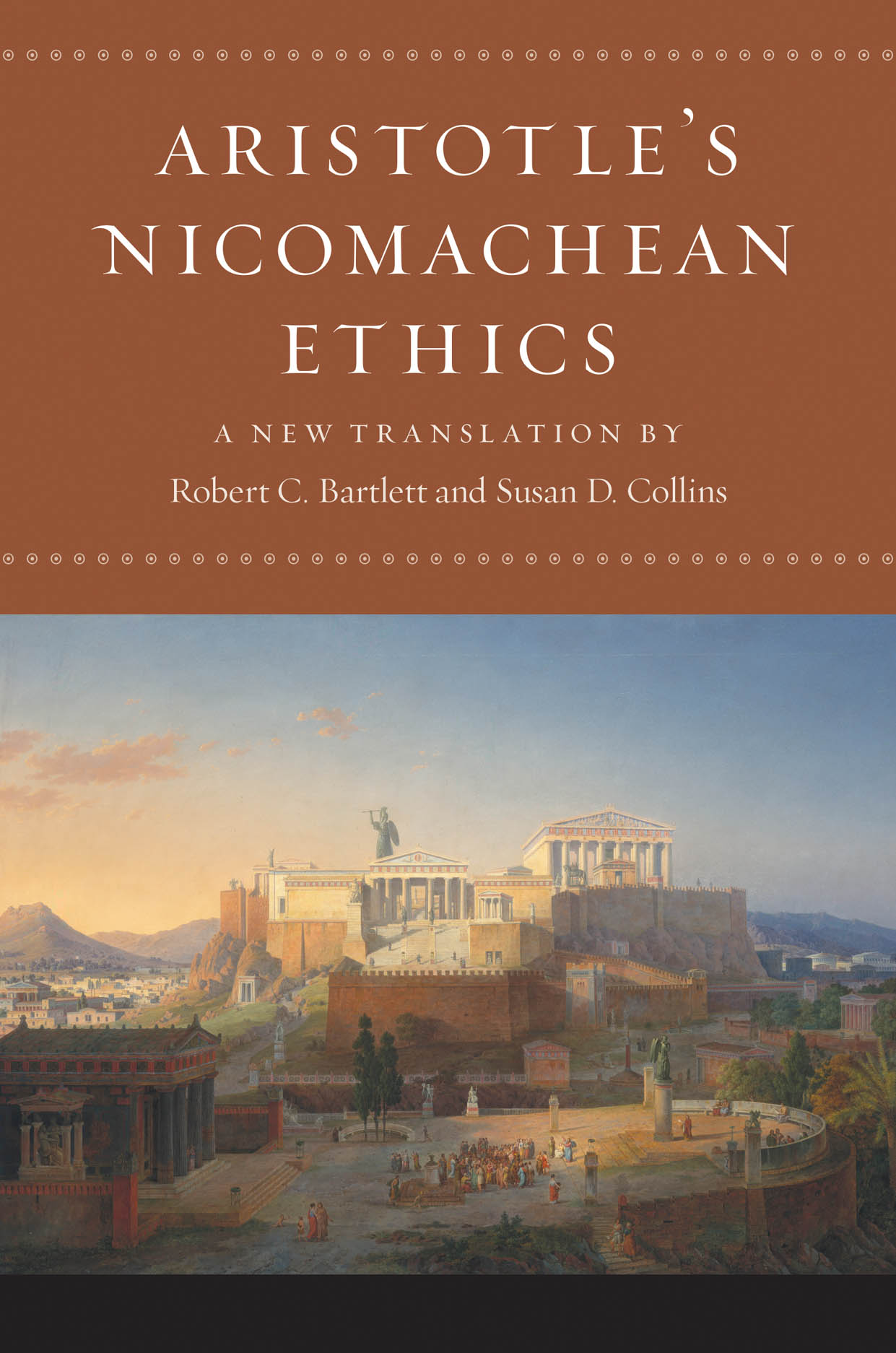2025.03.14 : View this Review Online | View Recent NDPR Reviews
Mary P. Nichols, Aristotle’s Discovery of the Human: Piety and Politics in the “Nicomachean Ethics”, University of Notre Dame Press, 2023, 356pp., $65.00 (hbk), ISBN 9780268205454.
Reviewed by Mor Segev, University of South Florida
This book explores piety and its relation to politics in Aristotle’s Nicomachean Ethics. Mary Nichols offers the following two main claims. First, piety, for Aristotle, consists in recognizing our potential to partake of divine activity (thereby resisting assimilation to beasts), while being cognizant of our human limitations (thereby refraining from aspiring to reach divine status). Thus understood, piety is not so much a virtue as a precondition for any human virtue. Second, according to the NE, piety is necessary for politics, and reveals a link between theoretical and practical wisdom, and between philosophical and political activity. Because the book follows the structure of Aristotle’s text, its main points are established cumulatively. After a synopsis, therefore, I assess both of the claims mentioned above, drawing on…
Read the full article which is published on Notre Dame's Philosophical Reviews (external link)





